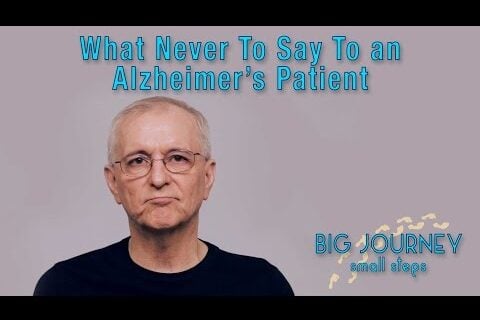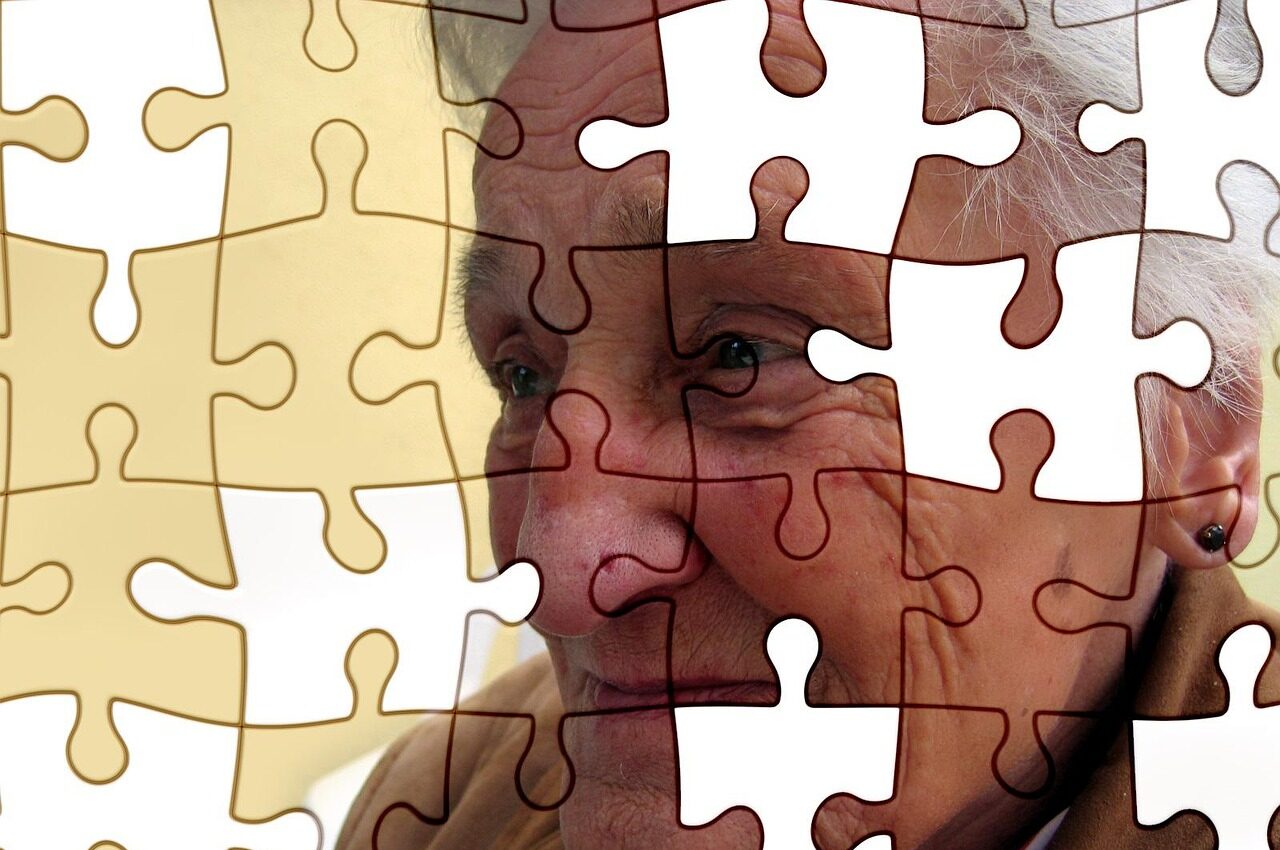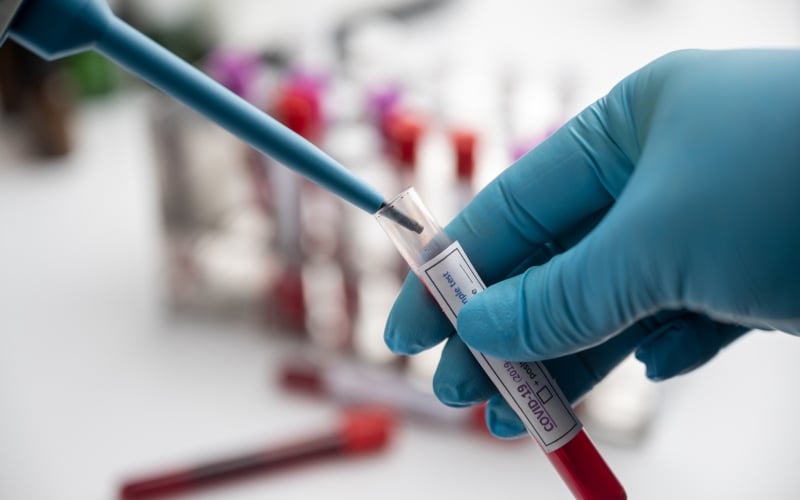CANNABIS CULTURE – To honor Black Mental Health Week, the Mental Health Commission of Canada (MHCC) look to leaders in the Black community for guidance on how to remove the stigma of using cannabis.
“Legalization didn’t erase that almost 100-year history of cannabis prohibition, racial targeting and profiling,” says Khadisha Thornhill, co-founder of Afro Cannada Budsistas, an organization that looks to normalize cannabis in Black communities. “So, it’s no wonder that people like older relatives of mine are not terribly interested or supportive of the work I do.”
To better understand the connections between cannabis, mental health, and the Black community the MHCC released a report in hopes to create collaborative research with these communities and engage them as equal partners.

Khadisha Photo: Thornhill says, “It is necessary to challenge the historical distrust of government and policing efforts to pave the way for Black and Indigenous communities to finally have their voices and lived experiences heard and amplified.”
There were several key findings in the report including: there is no single Black community—there are many, cannabis use and mental health in Black communities is intertwined with racism, structural violence, and traumas related to criminalization and stigmatization, there is little research on cannabis and its relationship to mental health, and Canada needs to take a race-based, intersectional approach to data on cannabis and mental health.
“There is a sense of insecurity when it comes to Black experiences and engaging with cannabis,” says Sheldon Mellis, Program Manager at the MHCC. “We don’t have the privilege of being very open when it comes to cannabis use because of that historical context of being targeted by enforcement.”
Thornhill says, “My dad grew up in Canada since he was seven. So, he’s been around cannabis, but his view of it was that it was something that got you in trouble, or it was something that his friends got arrested for, and was dramatically discouraged.”
“I still have friends who are not comfortable going to dispensaries although they are legal and regulated by the government,” says Mellis.
With only 3% representation of Black voices in the cannabis industry, both Thornhill and Mellis are looking for different ways to increase that number while also educating the public.
“There are still factions of people who think it’s the devil’s lettuce, think there are too many dispensaries, and don’t want their grandson getting a job there,” says Thornhill. “We’re denying ourselves economic opportunity because of those biases. So, while you have an emerging industry, we’re going to be late to hop onto it because we have to convince everybody that it’s a decent industry to get into, and that the plant isn’t going to get us all locked up again.”
“One of the things that we do for our members is the information we’re giving to lurkers, those who are in industries that are public facing like teaching, law enforcement and other areas where they have the same stressors and more,” says Thornhill. “But because of the stigmatization of cannabis, they can’t be a friend about wanting to chill with weed on the weekend to unpack.”
Thornhill thinks hopefully this attitude is changing. “We know we’re in in a stage where mental health is more and more to the forefront,” says Thornhill. “My group gets together once a week on Wednesdays, with our mental health check in. And so, we’re unpacking whatever we’re dealing with, during the week, while smoking cannabis, visually normalizing it for each other.”
“I never really thought about the intersection of cannabis and mental health, with a focus on diverse populations,” says Mellis. “And I knew that this would be something that could really pave the way for folks who are struggling mentally and are seeking alternative treatment plans.”
Besides the MHCC grant there have not been many grants with social equity and both Millis and Thornhill are looking to spread the word by holding an educational panel April 6, 2022. “The message is we need more funding around black led research as it relates to cannabis and mental health,” says Millis. “So, we need better resources for the program to cater towards specific communities and not a one size fits all type model.”
Original Article










